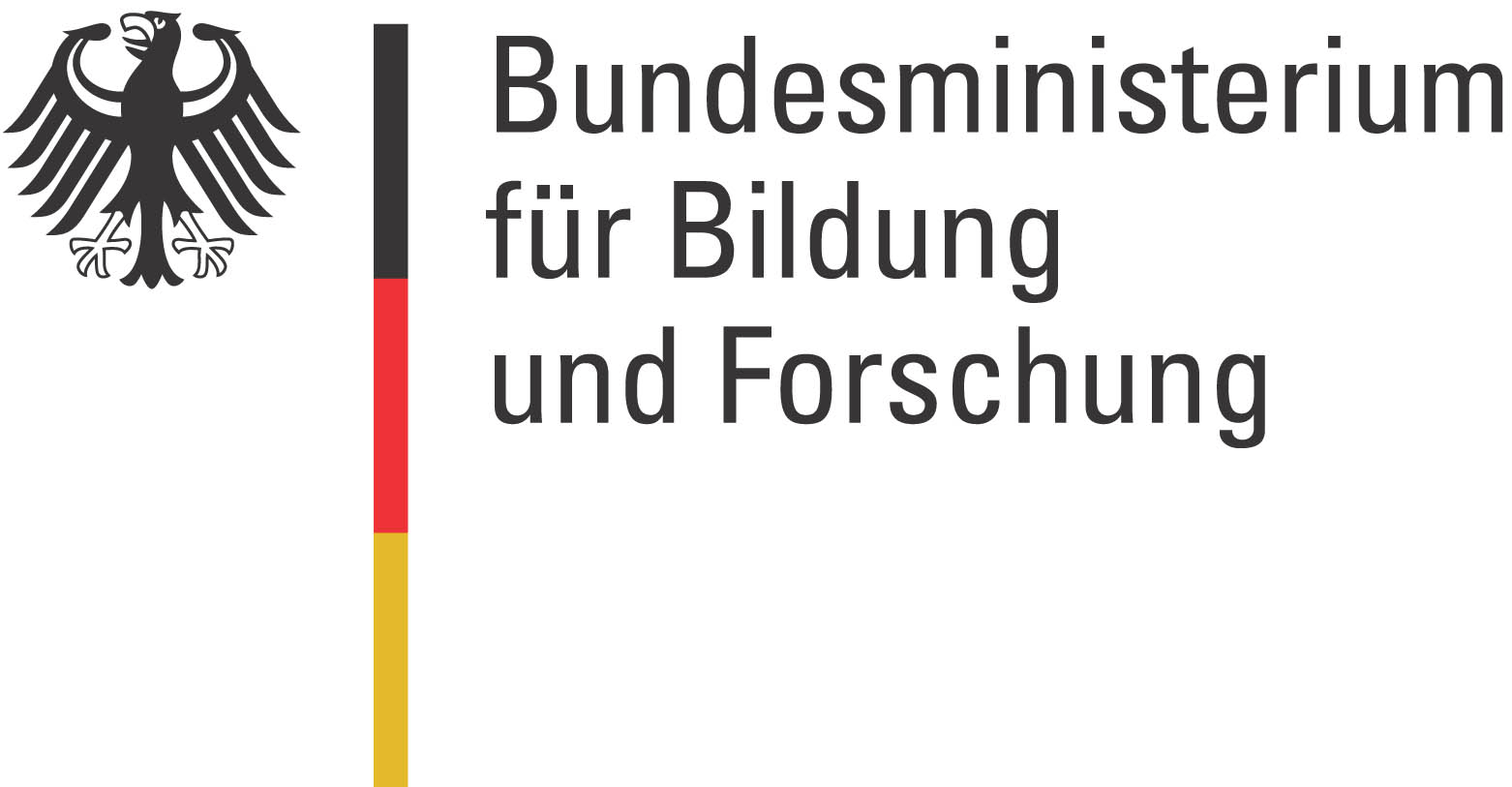Summary
Plastic nanoparticles (NPs) are used in everyday products (e.g. cosmetics, clothing, dishes and water bottles) and can easily penetrate in the human body. The interaction of plastic NPs with blood proteins can lead to protein corona formation and to structural changes in the proteins, which can provoke an immune response. As soon as these NPs reach human cells, they interact with their membranes.
We focus on synthesis, functionalization and physico-chemical characterization of plastics NPs of various sizes (from 50 nm - 1 μm) and their interaction with blood proteins (e.g. apolipoproteins) under physiological and stress conditions (pH, temperature, ionic strength, incubation time).
Publications
Janke, U., Geist, N., Weilbeer, E., Levin, W., Delcea, M., "Impact of Protein Corona Formation and Polystyrene Nanoparticle Functionalisation on the Interaction with Dynamic Biomimetic Membranes Comprising of Integrin" (2024), ChemBioChem, doi: 10.1002/cbic.202400188
Meesaragandla, B., Blessing, D. O., Karanth, S., Rong, A., Geist, N., Delcea, M., "Interaction of polystyrene nanoparticles with supported lipid bilayers: Impact of nanoparticle size and protein corona" (2023), Macromolecular Bioscience, doi: 10.1002/mabi.202200464
Collaborators
Prof. Markus Münzenberg (University of Greifswald, Germany) Link
Dr. Oliver Otto (ZIK HIKE, University of Greifswald, Germany) Link
Members
Norman Geist, Una Janke, Sanjai Karanth, Felix Nagel, Dr. Brahmaiah Meesaragandla
M.Sc. Students: Alexandra Mitlehner
B.Sc. Students: Celine Zurr, Dennis Blessing, Pia Ensslin, Vu Hoang, Emma Weilbeer


